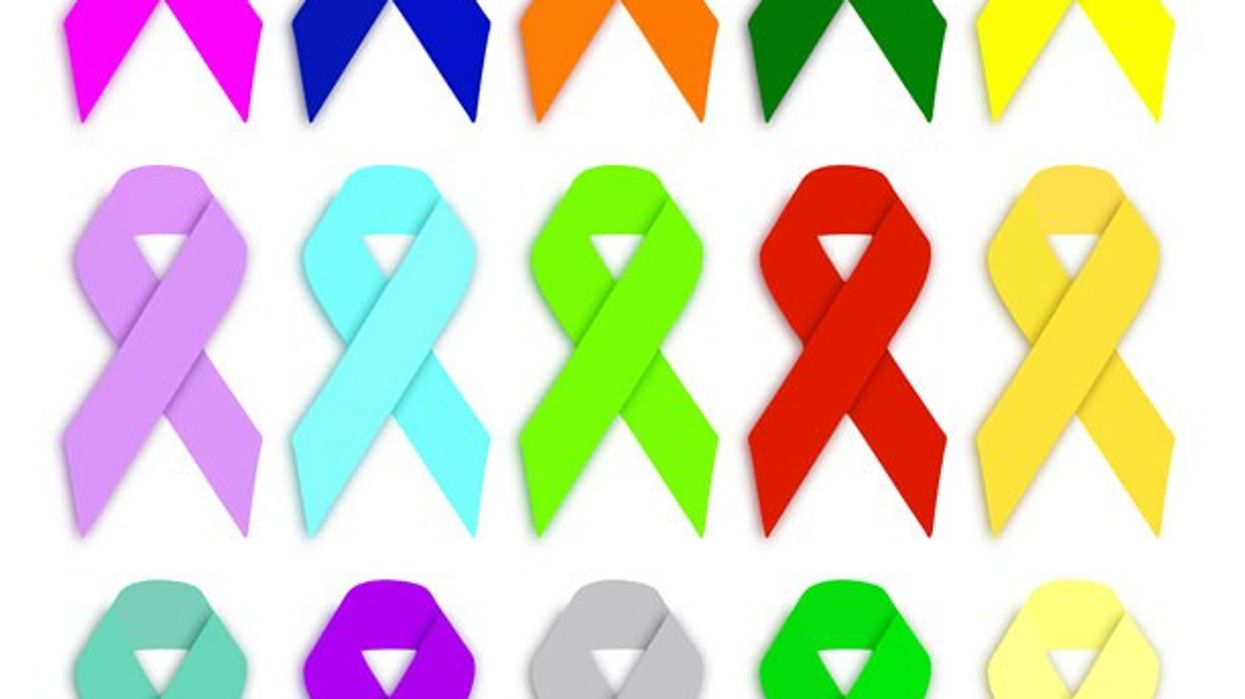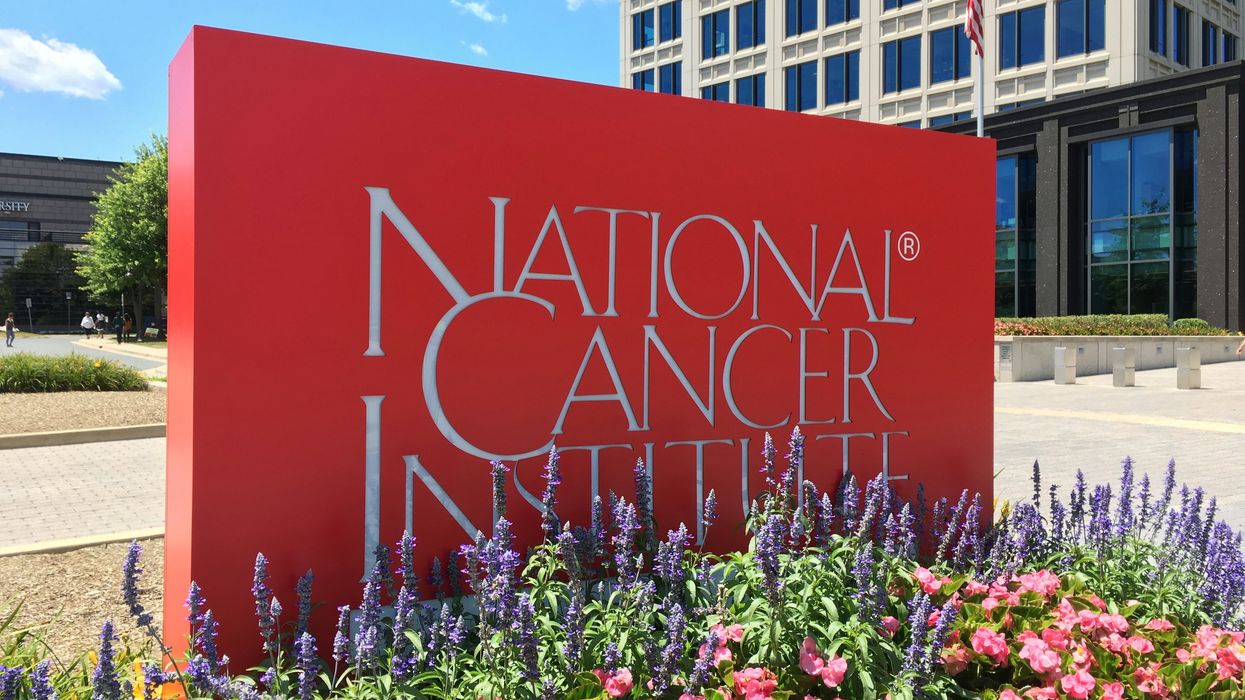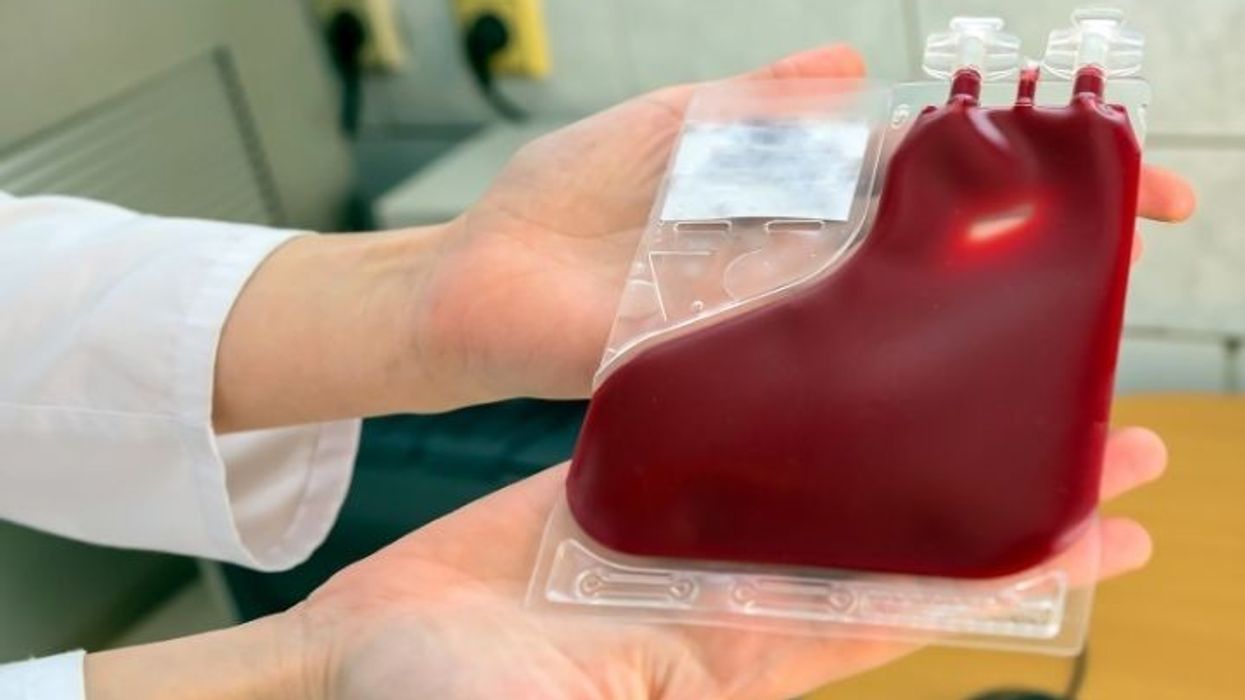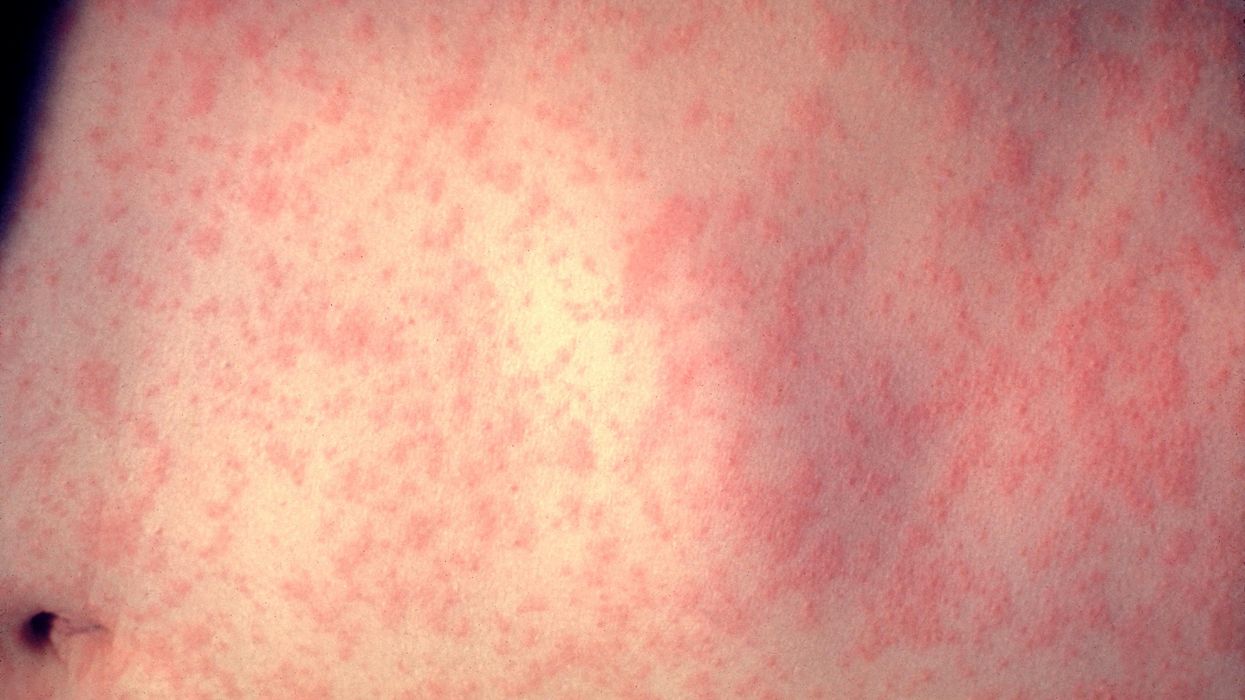Juvenile Arthritis Month

The goal of Juvenile Arthritis Awareness Month is to spread the word that kids get arthritis, too. Most people are surprised to learn that arthritis isn’t “just an old person’s disease” and can affect children as young as just a few months old.
For more information visit the Arthritis Foundation
Cord Blood Awareness Month
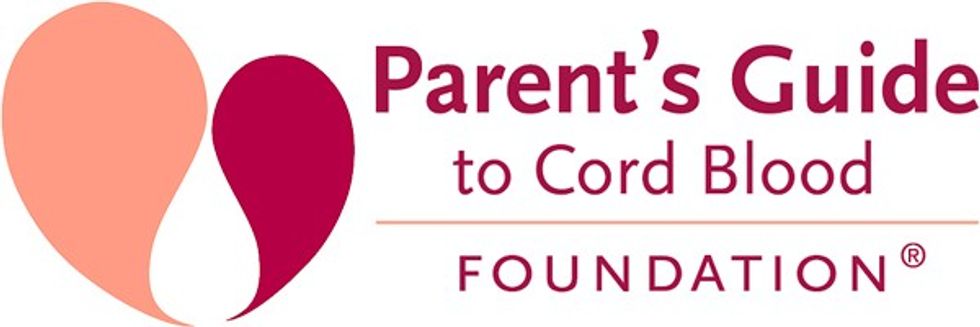
Cord blood banking provides a simple process of safely and securely storing the blood within your child’s umbilical cord, as well as the tissue from the cord itself. Parents have the option of banking their baby’s cord blood with a public cord blood bank, or a private cord blood banks.
For more information visit Parent's Guide to Cord Blood Foundation
Healthy Vision Month
 File:US-NIH-NEI-Logo.svg - Wikimedia Commonscommons.wikimedia.org
File:US-NIH-NEI-Logo.svg - Wikimedia Commonscommons.wikimedia.orgHealthy Vision Month 2024 is focused on helping people with a visual impairment know how to access vision rehabilitation services, mental health support, and social connection.
For more information visit National Eye Institute
National Cleft & Craniofacial Awareness & Prevention Month

Cleft and craniofacial conditions affect thousands of infants, children, teens and adults in the United States each year. Some are born with congenital anomalies like cleft lip and palate, others with more complex, life-threatening craniofacial conditions. Some are burned; others are injured in accidents and animal attacks, or diagnosed with various oral/head/neck and skin diseases.
For more information visit NCCAPM
Sarcoma Awareness Month

Every July, the sarcoma community comes together to acknowledge Sarcoma Awareness Month and pay tribute to those affected by sarcoma, and to advocate for the needs of those living with sarcoma. From Wear Yellow Day to a National Virtual Race to Cure Sarcoma, SFA has something for everyone to get involved in moving our cause forward.
For more information visit Sarcoma Foundation of America
UV Safety Month

AAD launched its annual skin cancer awareness campaign to educate the public about skin cancer detection and prevention. The campaign’s key messages about sun safety were seen more than a billion times in news outlets across the country and urged Americans to #PracticeSafeSun to protect themselves from the sun’s harmful ultraviolet (UV) radiation while outdoors.
For more information visit American Academy of Dermatology
July 13th is Gastrointestinal Stromal Tumors (GIST) Awareness Day

Gastrointestinal Stromal Tumor (GIST) is a rare sarcoma that lacks public knowledge and funding, which makes research difficult. The mission of the GIST Cancer Awareness day is to provide informational support to GIST patients and their families through established community support groups; increase public awareness of GIST using private and public media tools; and to raise funds to award research grants for the expanded investigation of GIST.
For more information visit The Life Raft Group
July 28th is World Hepatitis Day

Every year, 1.3 million people lose their lives to hepatitis. And new data from the World Health Organization shows the number of deaths is rising. The tools we need to eliminate hepatitis by 2030 – but progress is still too slow. Resources are not being mobilized; stigma and discrimination are not being addressed; and despite commitments made by governments and institutions, millions are being left behind.
For more information visit World Hepatitis Day



